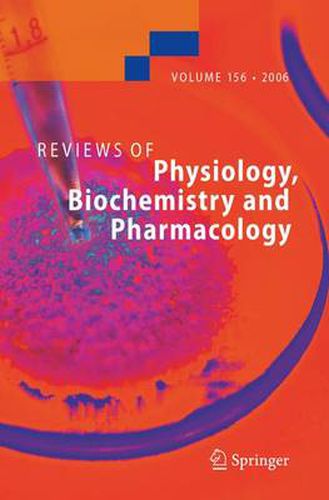Readings Newsletter
Become a Readings Member to make your shopping experience even easier.
Sign in or sign up for free!
You’re not far away from qualifying for FREE standard shipping within Australia
You’ve qualified for FREE standard shipping within Australia
The cart is loading…






This title is printed to order. This book may have been self-published. If so, we cannot guarantee the quality of the content. In the main most books will have gone through the editing process however some may not. We therefore suggest that you be aware of this before ordering this book. If in doubt check either the author or publisher’s details as we are unable to accept any returns unless they are faulty. Please contact us if you have any questions.
Gastric acid plays a primary role in digestion as well as in the sterilization of food and water. Gastric juice contains the most concentrated physiological acid solution (pH~1) as a result + - of H and Cl ion secretion [hydrochloric acid (HCl) production] by parietal cells in the oxyntic mucosa of the stomach. The combined output of the parietal cells leads to the sec- tion of 1-2 l of HCl at a concentration of 150-160 mmol/l into the interior of the stomach. In order to facilitate the production of acid, the parietal cell relies on the generation of a high + concentration of H ions that are transported into the lumen of the gland. This process is fa- + + cilitated by activation of the gastric H ,K -ATPase, which translocates to the apical pole of + - the parietal cell. K as well as ATP hydrolysis and Cl all play critical roles in the activation + + of gastric H ,K -ATPase and are essential for the functioning of the enzyme (Reenstra and Forte 1990). This review will examine the classical proteins that have been linked to acid secretion as well as some recently identi?ed proteins that may modulate gastric acid secretion, in - dition we discuss the known secretagogues, and their receptors including a new receptor, which upon stimulation can lead to acid secretion.
$9.00 standard shipping within Australia
FREE standard shipping within Australia for orders over $100.00
Express & International shipping calculated at checkout
This title is printed to order. This book may have been self-published. If so, we cannot guarantee the quality of the content. In the main most books will have gone through the editing process however some may not. We therefore suggest that you be aware of this before ordering this book. If in doubt check either the author or publisher’s details as we are unable to accept any returns unless they are faulty. Please contact us if you have any questions.
Gastric acid plays a primary role in digestion as well as in the sterilization of food and water. Gastric juice contains the most concentrated physiological acid solution (pH~1) as a result + - of H and Cl ion secretion [hydrochloric acid (HCl) production] by parietal cells in the oxyntic mucosa of the stomach. The combined output of the parietal cells leads to the sec- tion of 1-2 l of HCl at a concentration of 150-160 mmol/l into the interior of the stomach. In order to facilitate the production of acid, the parietal cell relies on the generation of a high + concentration of H ions that are transported into the lumen of the gland. This process is fa- + + cilitated by activation of the gastric H ,K -ATPase, which translocates to the apical pole of + - the parietal cell. K as well as ATP hydrolysis and Cl all play critical roles in the activation + + of gastric H ,K -ATPase and are essential for the functioning of the enzyme (Reenstra and Forte 1990). This review will examine the classical proteins that have been linked to acid secretion as well as some recently identi?ed proteins that may modulate gastric acid secretion, in - dition we discuss the known secretagogues, and their receptors including a new receptor, which upon stimulation can lead to acid secretion.